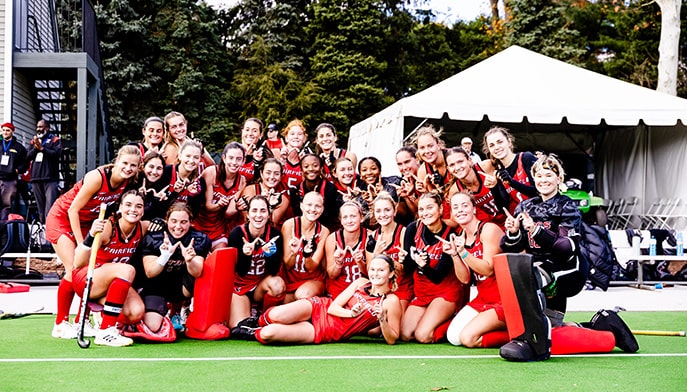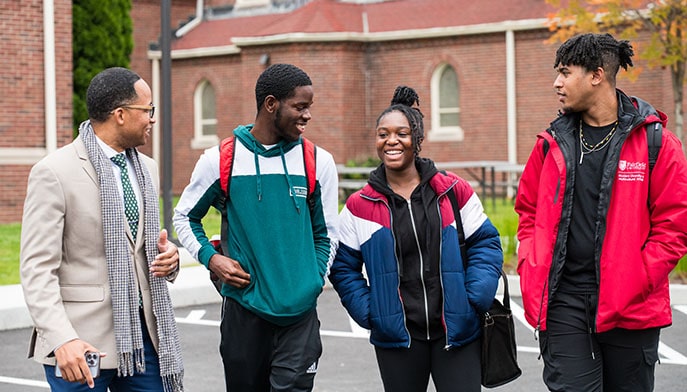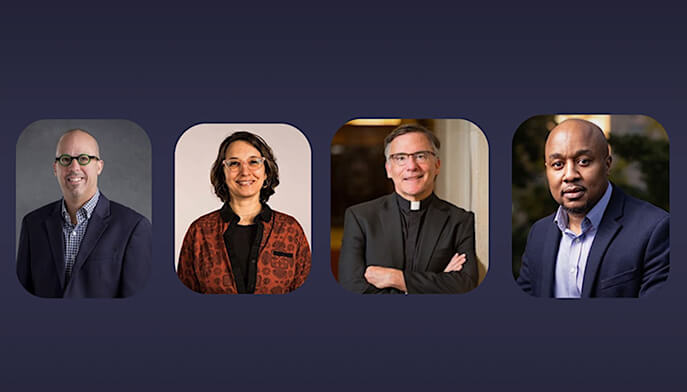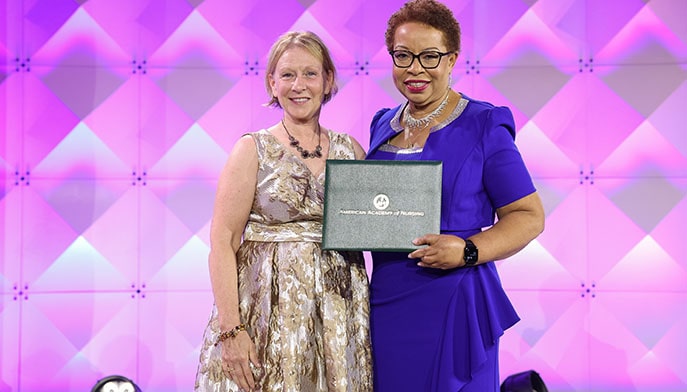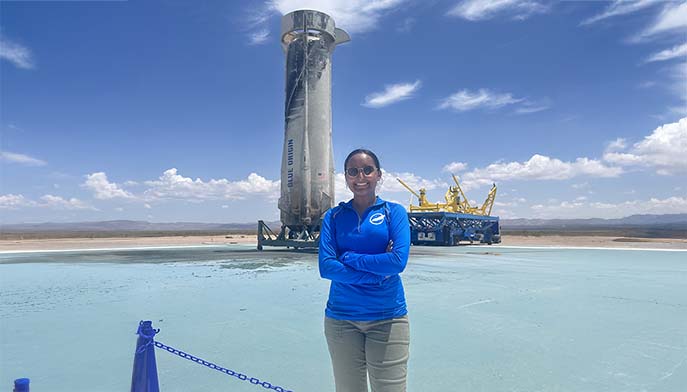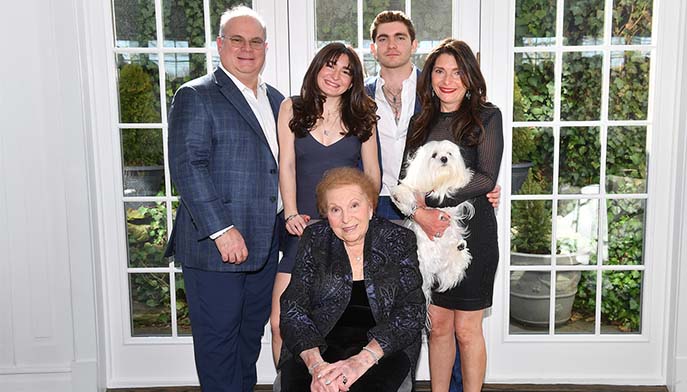Fairfield News
Featured
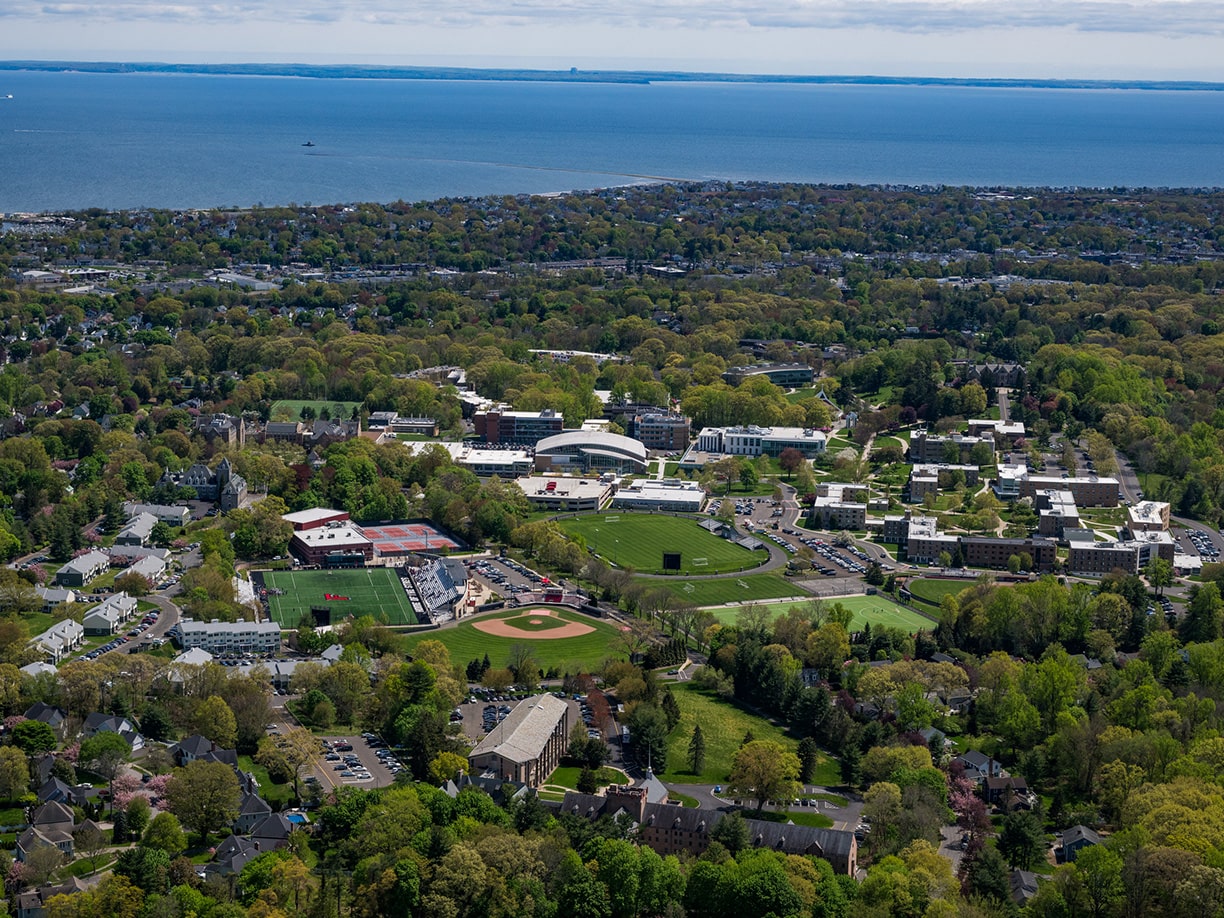
Fairfield Releases First-Ever Community Impact Report
Fairfield University is pleased to share the inaugural 2024–25 Community & Economic Impact Report, highlighting how our students, faculty, and programs contribute to the vitality and growth of our region. Whether through community-engaged learning, volunteering with local non-profits, mentoring youth, or supporting local small businesses, Fairfield University continues to live its Jesuit mission of forming men and women for others.
Student & Alumni Focus
Selling Sara
I went straight into Covid out of college. I more or less had to learn to leverage social media because all contact with prospective clients was now virtual. I had to learn on the fly.”
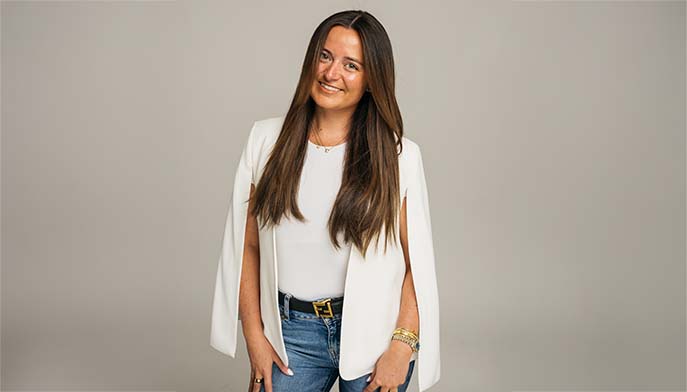
Insight of the Month
Discover 5 key factors to consider when choosing an MBA program, from flexibility to career outcomes, and find the right fit for your future.
Fairfield in the Media
Fairfield News in Your Inbox
Questions for Us?
Contact our Public Relations Team
